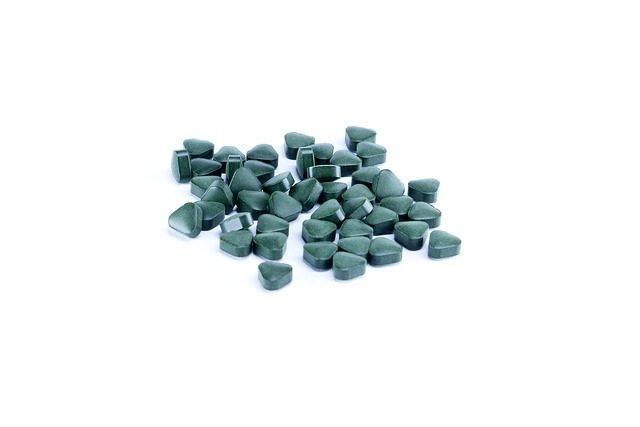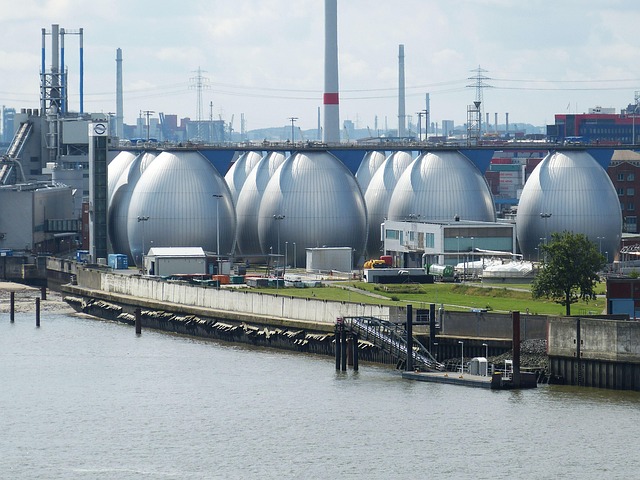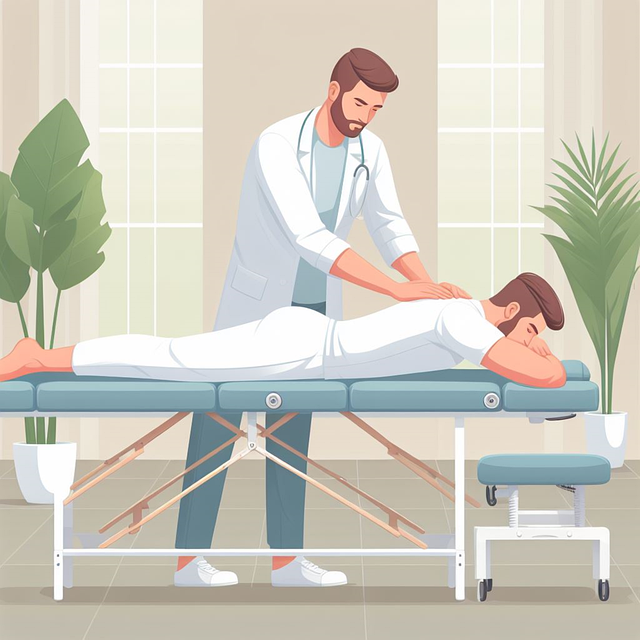Post-traumatic stress disorder (PTSD) causes significant distress beyond fear and anxiety, impacting daily life. Recognizing symptoms like flashbacks, nightmares, and avoidance behaviors is crucial for effective holistic PTSD treatment. This approach focuses on mind-body-spirit connections, using techniques like mindfulness meditation, yoga, acupuncture, and nature therapy to address root causes. Creative arts and music therapy offer safe expression for trauma processing. Yoga and movement therapies regulate nervous responses. The growing holistic PTSD treatment movement leverages diverse resources, communities, and support groups for comprehensive care, fostering resilience and long-term recovery.
“Holistic therapies offer a promising approach to treating Post-Traumatic Stress Disorder (PTSD), focusing on the mind, body, and spirit as interconnected systems. This article explores various holistic strategies alongside traditional methods, shedding light on their effectiveness in addressing the complex nature of PTSD. From mindfulness practices and nature therapy to art, music, yoga, and community support, each section delves into unique yet powerful ways to heal. Discover how these alternative treatments can complement conventional care, providing a comprehensive path towards PTSD recovery.”
Understanding PTSD: Symptoms and Impact

Post-traumatic stress disorder (PTSD) is a mental health condition that can occur after exposure to distressing events such as violent acts, accidents, or natural disasters. It’s not just about having memories of the event; PTSD significantly impacts daily functioning and overall well-being. Symptoms can include flashbacks, nightmares, severe anxiety, avoidance behaviors, irritability, sleep disturbances, and intense emotional responses to triggers. These symptoms often lead to social isolation, difficulty maintaining relationships, and problems at work or school.
Understanding that PTSD is more than just fear or anxiety is crucial for effective treatment. The impact of the disorder can be profound, affecting not only individuals but also their families and communities. Recognizing the signs and seeking appropriate PTSD treatment is essential to help those affected manage symptoms, regain control of their lives, and rebuild a sense of safety and stability.
Traditional vs Holistic Approaches to Treatment

In addressing Post-Traumatic Stress Disorder (PTSD), traditional approaches to treatment often focus on symptomatic relief through methods like therapy and medication. These methods, while effective for many, may not delve into the root causes of PTSD, which are often deeply ingrained in an individual’s physical and emotional well-being. This is where holistic therapies come into play as a game-changer in PTSD treatment.
Holistic approaches to PTSD treatment take a multifaceted view, considering the interconnectedness of the mind, body, and spirit. Techniques such as mindfulness meditation, yoga, acupuncture, and nature therapy not only aid in managing symptoms but also foster profound inner healing. Unlike traditional methods that may isolate psychological or physiological aspects, holistic therapies recognize that each component is vital to an individual’s overall health and recovery from PTSD. This comprehensive approach aims to empower individuals to take control of their well-being by addressing the whole person, thereby offering a more transformative and lasting solution for managing PTSD symptoms.
Mindfulness and Meditation for Healing

Mindfulness and meditation have emerged as powerful tools in the holistic therapy landscape, offering a calming approach to managing Post-Traumatic Stress Disorder (PTSD). These practices encourage individuals to focus on the present moment, cultivating awareness of their thoughts and emotions without judgment. By training the mind to stay in the now, mindfulness helps reduce the intensity of traumatic memories, which is particularly beneficial for PTSD sufferers.
Meditation techniques, such as deep breathing exercises and guided visualizations, enable individuals to create a sense of safety and relaxation, contrasting starkly with the heightened state of anxiety often associated with PTSD. Regular meditation has been shown to lower stress levels and improve overall mental well-being, providing a much-needed respite for those grappling with the relentless nature of traumatic memories.
The Power of Nature Therapy

In the realm of PTSD treatment, nature therapy emerges as a powerful and holistic approach, offering a calming sanctuary for healing. This therapeutic method leverages the restorative power of natural environments to help individuals process traumatic memories and emotions. By immersing oneself in the tranquility of nature, whether through walks in forests, gardening, or simply sitting by a body of water, one can experience a profound sense of peace and connection. Research suggests that exposure to natural settings reduces stress hormones, boosts mood, and enhances overall well-being—all crucial factors in managing PTSD symptoms.
The beauty of nature therapy lies in its ability to foster mindfulness and present-moment awareness. Being in nature encourages individuals to let go of intrusive thoughts and engage their senses in a soothing, sensory experience. This mindful engagement can be transformative, providing an alternative focus to the constant reliving of trauma often associated with PTSD. As folks navigate this therapeutic journey, the gentle rhythm of the natural world becomes a guiding force, helping them find balance, resilience, and ultimately, healing.
Art, Music, and Creative Expression as Healing Tools

Art, music, and creative expression have long been recognised as powerful tools for healing and recovery from various mental health conditions, including PTSD. Engaging in artistic pursuits allows individuals to express their emotions in a safe and controlled manner, which can be particularly beneficial for processing trauma and cultivating resilience. Through painting, drawing, or sculpting, patients can visually represent their experiences, helping to externalise and make sense of the distressing memories that may be haunting them. This process can facilitate emotional release and provide a sense of empowerment over one’s own healing journey.
Music therapy is another holistic approach that taps into the expressive power of sound. Creating or listening to music can help individuals regulate their emotions, reduce anxiety, and improve their overall mood. Whether it’s through playing an instrument, singing, or simply immersing oneself in soothing melodies, music offers a unique way to connect with one’s feelings and find comfort. These creative outlets provide an alternative means of communication when words may seem insufficient, making them valuable components in the broader PTSD treatment landscape.
Yoga and Movement for PTSD Recovery

Yoga and movement-based therapies have emerged as powerful tools in the holistic treatment of Post-Traumatic Stress Disorder (PTSD). These practices offer a gentle yet profound approach to healing, addressing not only the mind but also the body’s physical responses to trauma. By combining precise movements with mindfulness, individuals can learn to regulate their nervous system and reduce the intensity of flashbacks, nightmares, and anxiety often associated with PTSD.
In yoga, various poses (asanas) are designed to release tension from the body, calming the mind in the process. Slow, controlled movements encourage a sense of grounding and presence, helping individuals to reconnect with their bodies and cultivate a deeper awareness. This heightened body-mind connection can make it easier for those with PTSD to identify and manage physical cues that may trigger emotional distress. Moreover, group yoga sessions provide a supportive environment where individuals can build resilience through shared experiences, fostering a sense of community and belonging.
Supporting Holistic PTSD Treatment: Resources and Community

Supporting holistic PTSD treatment is a growing movement that leverages various resources and communities to offer comprehensive care for individuals dealing with post-traumatic stress disorder (PTSD). These treatments go beyond traditional therapy sessions, integrating practices like mindfulness meditation, yoga, art therapy, and nature-based interventions. The focus is on nurturing both the mind and body, creating a holistic environment that facilitates healing.
Community support plays a pivotal role in this process. Support groups, peer mentoring programs, and online forums provide safe spaces where individuals can share experiences, gain insights, and offer encouragement. These networks not only foster social connection but also empower individuals to navigate their PTSD journeys with resilience. Additionally, many organizations dedicated to mental health now offer resources tailored specifically for holistic PTSD treatment, making accessible a wide array of options for those seeking alternative approaches to healing.
